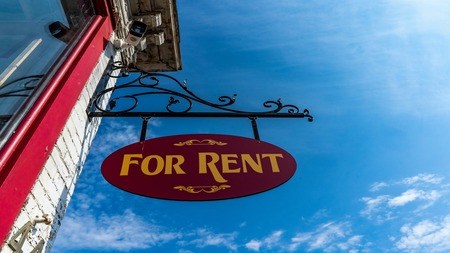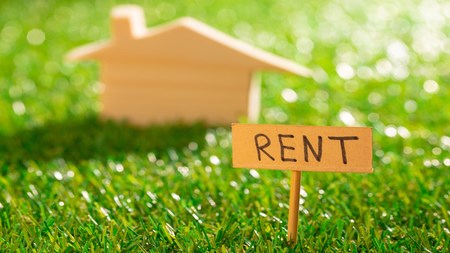Can I still rent a home if I have a bad credit record?
Renting a home if you have a bad credit record isn’t impossible, but it can be challenging.
As with applying for a home loan, rental applications often involve a credit check by landlords or rental agents. They use this to assess whether you're a financial risk. What they want to see is that you pay your bills on time and don’t have court judgements, bankruptcies, or other financial red flags. These credit checks play a major role in securing a rental.
What is a credit score?
A credit score is a numerical rating based on your financial history. In South Africa, the main credit bureaus are:
They collect data like payment habits, debt levels, account history, and judgments. Based on this, they assign a score:
- 300–579: Poor
- 580–669: Fair
- 670–739: Good
- 740–799: Very good
- 800–850: Excellent
You’re entitled to one free credit report per year from each agency. Here’s how tenants can improve or build their credit score — an essential read if your score is below ‘good’.
Common reasons for a low score — and how to fix them
Bad credit doesn’t just happen. Here’s how to identify and correct common issues:
Late or missed payments Fix: Keep credit use under 30%, pay the full balance monthly, and never skip bills.
No credit history Fix: Open low-limit accounts like a phone contract and pay regularly to build a record.
Too many credit applications Fix: Avoid applying for multiple loans or cards in a short time.
Defaults, bankruptcy, garnishee orders Fix: Address valid issues head-on. If incorrect, ask the creditor to update the bureau. Some corrections take months or even years.
You can check if your information is up to date via the National Credit Regulator.
How to rent with bad credit
A poor credit score isn’t an automatic rejection. Try these practical strategies to boost your application:
Pay more upfront Offer two months’ rent or a bigger deposit to reduce perceived risk.
Use a co-signer A guarantor can sign the lease with you, reassuring the landlord.
Provide solid references Share past rental records, payslips, and letters from previous landlords or employers.
Find a roommate Splitting rent lowers your share and increases affordability — but both parties will usually be screened.
Become a roommate Join an existing lease with consent. This lets you build rental credibility while improving your score.
Offer a trial lease Suggest a short-term lease (3–6 months) to prove reliability before going long-term.
Use debit orders Set up automated rent payments for peace of mind — and make sure funds are available.
Consider cash rentals (with caution) Some backyard units or informal rentals skip credit checks. But these come with risk. Always ask for receipts and talk to current tenants first.
Don’t ignore the problem
Being upfront about your situation can earn you trust. If your credit took a hit due to medical bills or unemployment, say so. If you're working to fix it, let the landlord know — transparency shows maturity and responsibility.




